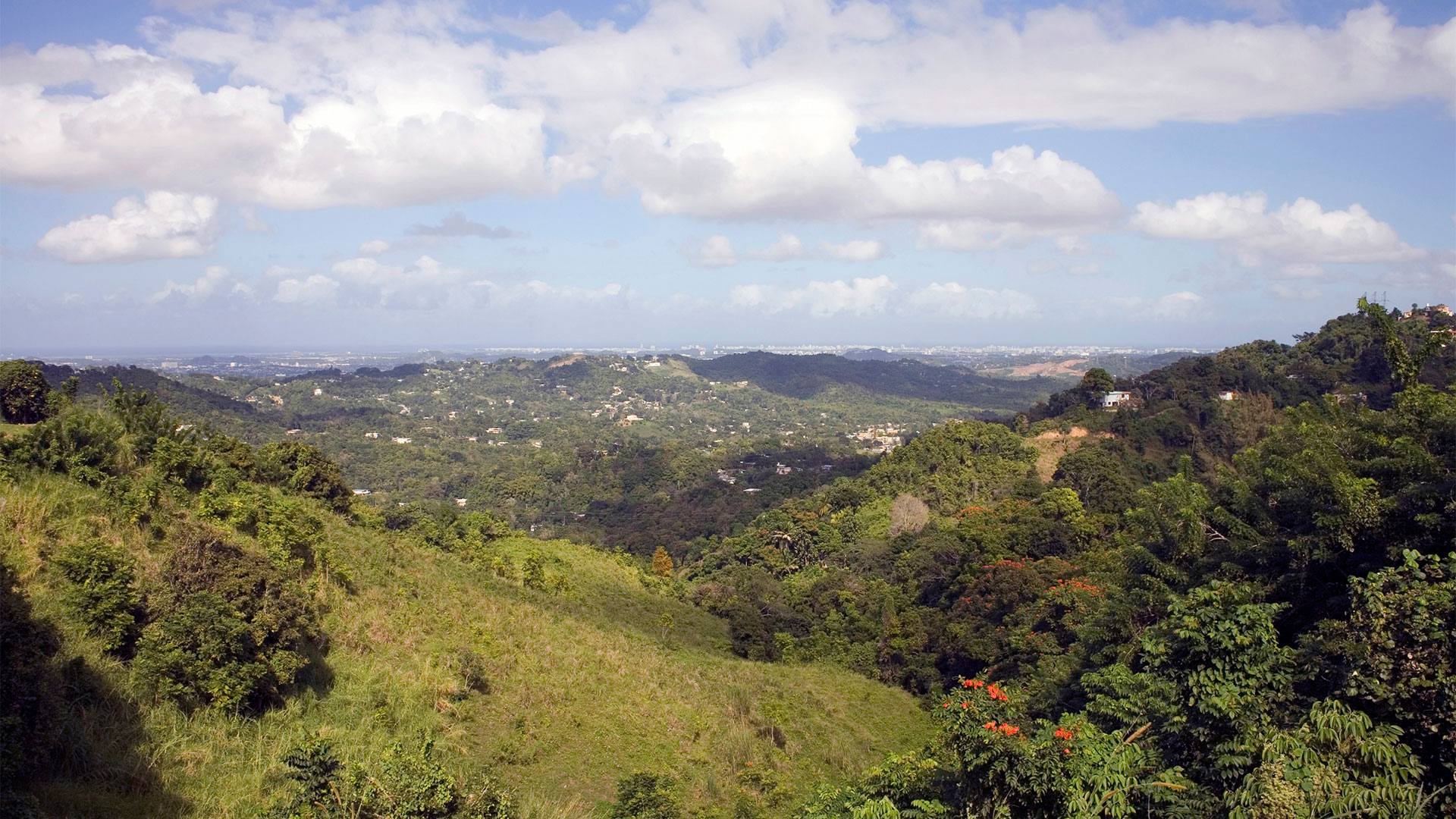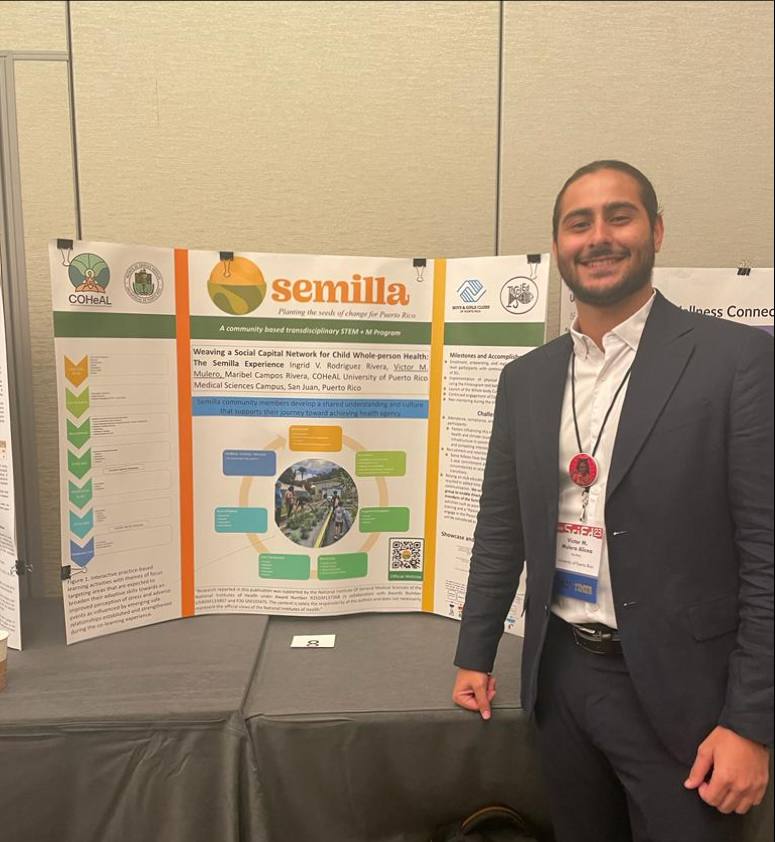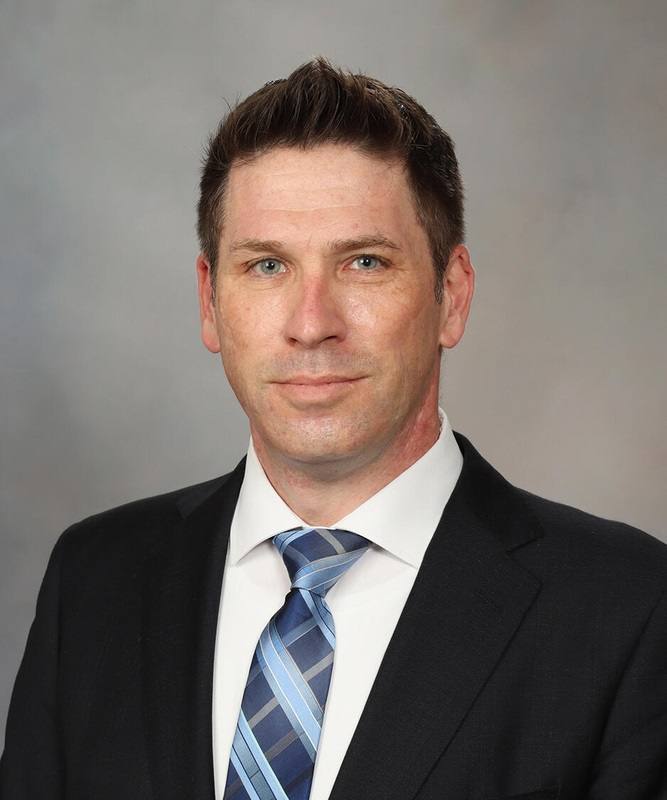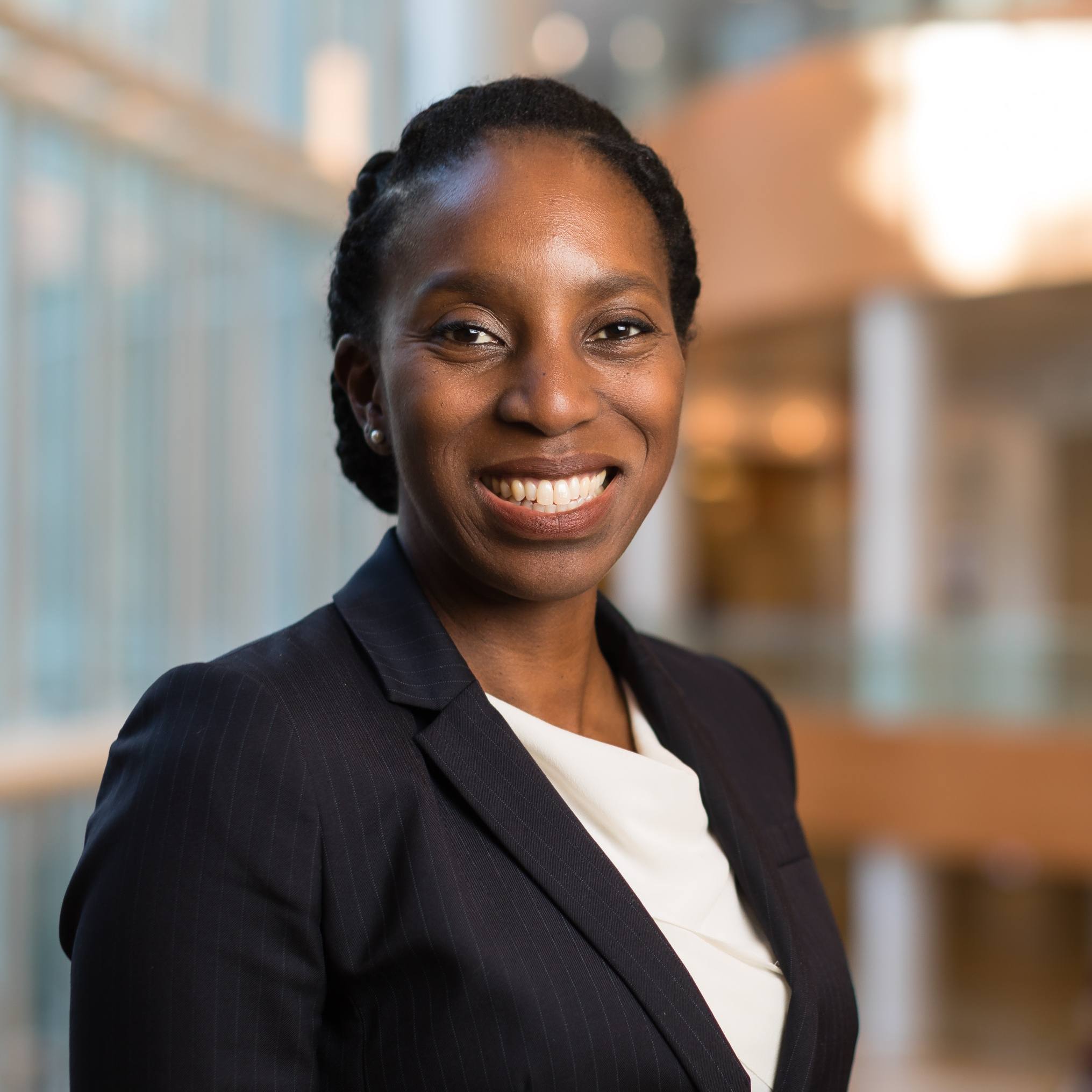-
 Education
EducationPath to grad school: Nurturing children’s mental health in Puerto Rico

"I was attracted to working with the Semilla research project because I could see that it focused on addressing [mental health] issues among our youth in ways that empower them to be agents of change."
- Victor Mulero
I studied Biomedical Science at Inter-American University of Puerto Rico and one of my first goals after graduating was to identify a way to contribute to my community through research. I found an opportunity to achieve that as a postbaccalaureate research fellow with Mayo Clinic for Semilla, a community-based research project that studies educational interventions to help children deal with toxic stress. The Semilla project is a collaboration between Mayo Clinic, the University of Puerto Rico School of Medicine and the Boys and Girls Clubs of Puerto Rico.
This research experience etched itself on me as one of the most fulfilling chapters of my life.
A family legacy of community service
I grew up in the picturesque countryside of Bayamon, Puerto Rico, where my father’s family has lived since the late 1800s. My family has a proud legacy of service to our community, and every day, I was surrounded by the tangible benefits of our work: the natural springs we helped to preserve, the housing and community church we helped to build and the domestic abuse shelter where we regularly volunteered. This family tradition of service kindled in me a determination to carry the torch forward.
Teaching children the science of their own well-being
Research shows that mental health and stress are critical health concerns in Puerto Rico and children are at particular risk due to the long-term effects these conditions can have on their future health. I was attracted to working with the Semilla research project because I could see that it focused on addressing these issues among our youth in ways that empower them to be agents of change, rather than treating them as lab subjects or statistical entities.
As a team, we conducted a science-based health workshop for children at Boys and Girls Club sites in Puerto Rico. In the workshops, we taught children about stress and how to recognize the ways it can affect the entire body. We also explored mindfulness and the concept of well-being.
My favorite part of the curriculum involved guided scientific experiments with zebrafish so the children could observe how stress affected the health of the fish, such as how they slept, behaved, moved and even laid their eggs.
The Semilla team published their initial findings on the acceptability and feasibility of this curriculum model in Progress in Community Health Partnerships: Research, Education and Action.
From research experience to career goals
Through this work, I have felt a deep connection to the children's natural curiosity. I have also witnessed the profound influence that science-based learning can have on them.
I plan to follow this path into graduate school, continuing to study biomedical sciences with a focus on cardiovascular health in children. My goal is to help change the health of children in Puerto Rico for the better.
- Victor Mulero

"Victor represents the highest aspiration of our work with local, national and global communities. Through meaningful shared work within his home community, he shaped his trajectory in clinical research. This community-centric mission is our hope for our young trainees in medicine and research."
- Christopher Pierret, Ph.D.
Christopher Pierret, Ph.D., is a biochemistry and molecular biology researcher at Mayo Clinic and is the principal investigator of the Semilla project. Semilla was initiated with the support of the Mayo Clinic Center for Clinical and Translational Science and is currently funded through a Science Education Partnership Award through the National Institute of General Medicine Sciences. Semilla is modeled on a larger initiative called InSciEd Out, a program that works with students, teachers and communities to reimagine science education through research-based experiential learning.







